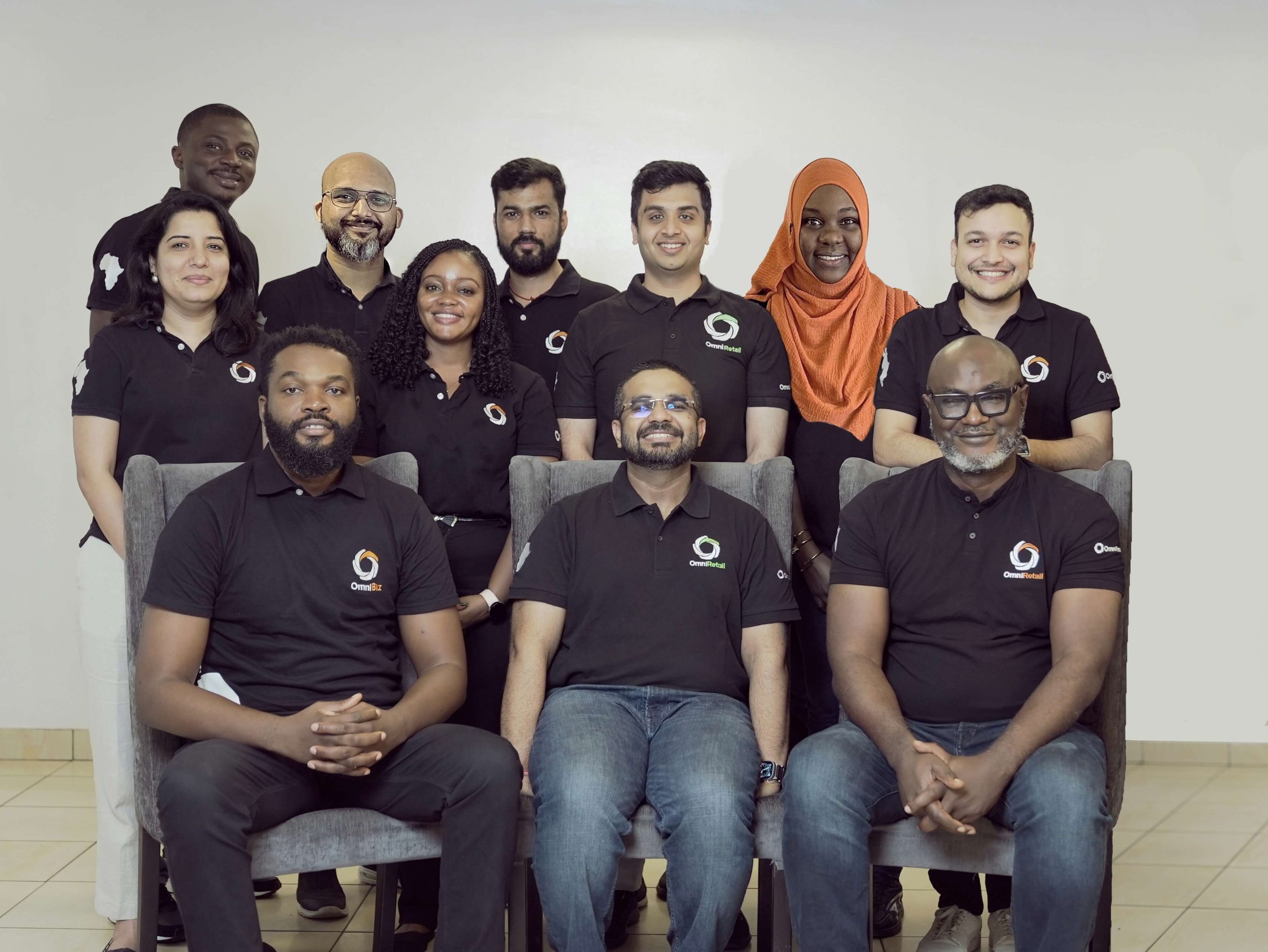 By Eugene Nizeyimana, Founder and CEO of African Business Chamber
By Eugene Nizeyimana, Founder and CEO of African Business Chamber
Of a variety of ways to develop an economy, sports and tourism are major contributors to social and economic development in most countries. There are many types of tourism opportunities that countries invest in, to propel and initiate development strategies. One such tourism type is sports tourism. Sports and Tourism have a major socio-economic impact, are appreciated in most civilian societies, and are increasingly recognized by governments and global business communities.
Sports tourism is and has been in the last decade, one of the growing sectors in tourism across the world. Sporting events attract tourists, participation, and support business communities in many forms, where host communities exhibit and showcase local culture and talent in diverse forms to distinguish themselves and provide authentic local experiences.
Grand sporting events such as the Olympics, World Cups, and Commonwealth Games have been a driving force for tourism development in many countries and leveraged for destination branding, infrastructure development, and other economic and social benefits. Research reveals that there are opportunities for sports to be leveraged for the promotion of domestic tourism and culture to drive commercial and economic growth activities.
Sports tourism and the African continent
People from several professional backgrounds, athletes, sports management, businesses, authorities, officials of the game, media, creative entrepreneurs, innovators, and audiences, are drawn to host cities as a result of these sporting events. Their support boosts travel, hospitality, and night economy as well as the extended support service provision and entertainment. The activities associated with such events create enormous opportunities for tourism and related industries. A great example in Africa is the 1995 World Cup and 2010 FIFA World Cup in South Africa.
The Commonwealth Games 2022 in Birmingham was a golden opportunity and unique moment to strengthen existing UK-Africa relationships, open new links and build a legacy. The event has supported unlocking multiple opportunities to drive and increase regional (specifically the Midlands) commercial connectivity, relationships and strengthen economic ties, and boost trade and investment. In addition, has accelerated innovation and cross-border entrepreneurship. Furthermore, initiatives such as African Business Chamber (AfBC) Midlands – Africa Business Forum hosted during The Games, supported by several partners including Brand South Africa and government officials from Kenya, Uganda, Ghana, etc are great platforms to harness continued discussions, showcase economic opportunities, drive trade actions, investment flow, cultural relations and international stakeholders’ engagement highlighted by Eugene Nizeyimana, Pumela Salela – UK Country Head, Brand South Africa and other guest speakers at the forum
These events can generate significant opportunities in many sectors of the economy to achieve legacy and long-term benefits, including engineering, real estate, creative, technology, education, visitor economy, business services, mobility, hospitality, culture, and innovation so on. Also, they involve significant expenditures for facilities, infrastructure construction and maintenance, and service personnel that support the creation of employment, new talent pools, and skills. Additionally, substantial revenues are generated through various fees, concessions, television rights, tickets, Intellectual Properties (IP), and marketing promotion of consumer goods and services.
Based on several studies and outcome reports from past events in host nations, hosting rights affords the opportunities to increase the tourism revenues that sporting events drive. African nations may not have been fortunate enough to earn their share of the benefits of hosting these major global events, which would have allowed them to gain significantly from the associated tourism and businesses to boost their economic prospects, and standard of life and created more employment opportunities and the general well-being of African countries.
Sports tourism can provide opportunities to jump-start tourism and the travel economy post-COVID-19, harness community togetherness, and accelerate cultural and diaspora linkages with African countries during the games and beyond. Sports Ministers across the African Continent, such as H.E Nathi Mthethwa – Minister of Sport, Arts and Culture, Government of South Africa have been highlighting the importance of leveraging global sports and cultural events such as The Commonwealth Games to drive long-term economic benefits for sustainable growth and development and further promote South Africa to the world as a sport, cultural and tourism hub.
African countries, business communities, investors, sports professionals, and the diaspora communities must pool resources and work collectively to bid for such global sporting events to be held on the continent. The key steps are to establish a strong economic environment, robust infrastructure, and provision of sufficient investment for sporting activities to ensure a stable political economy, safety, and strengthened participation if they are to host such events successfully. Furthermore, support the upcoming 2023 Netball World Cup in South Africa and the 2025 world road cycling championships in Rwanda.


